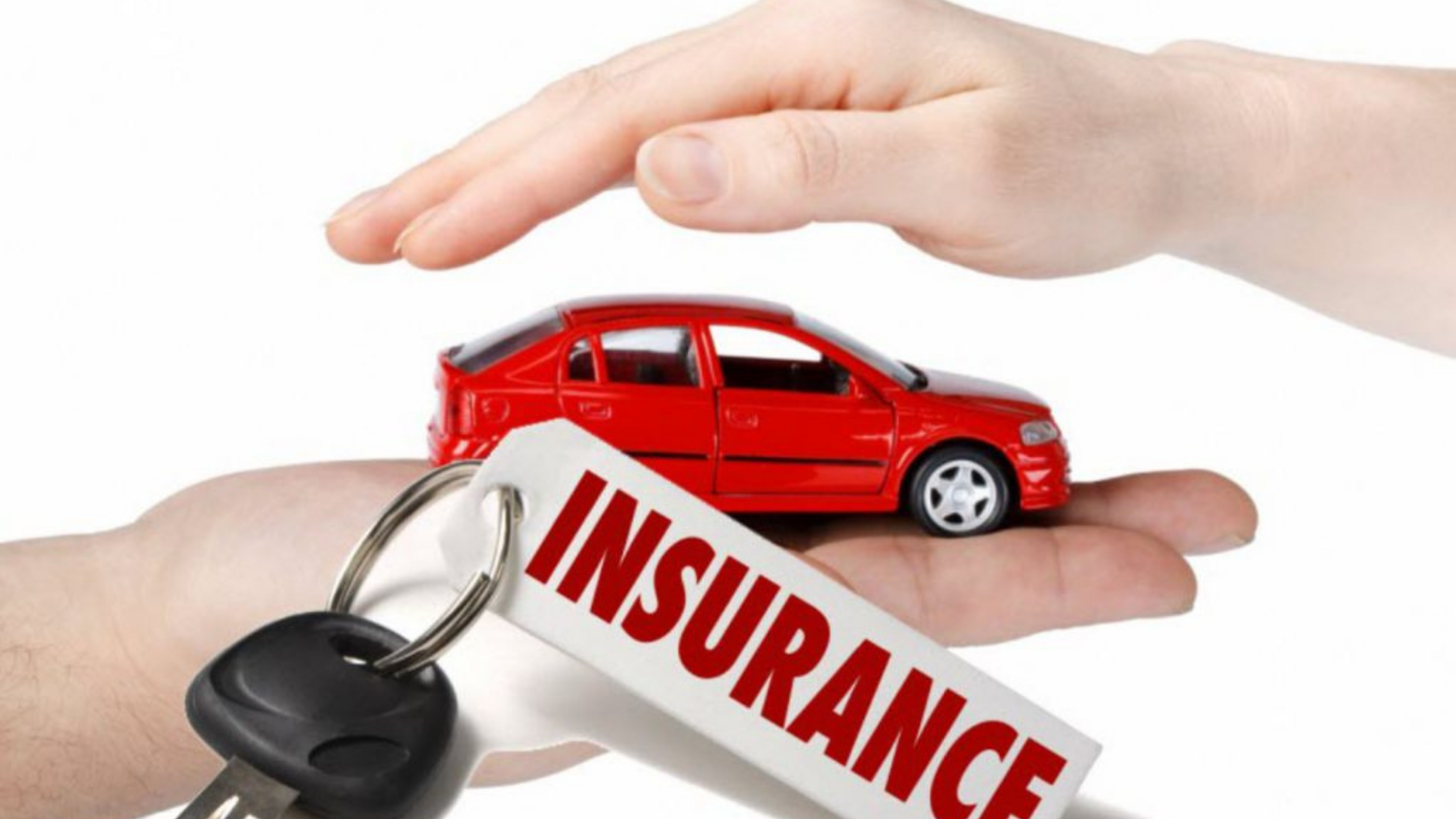How to find affordable auto insurance in Arkansas after a DUI
Finding cheap car insurance after a DUI conviction is not straightforward. In fact, a DUI typically brings about a larger rate hike than any single driving infraction — more than an at-fault accident, reckless driving, or racing.
The best car insurance companies after a DUI in Arkansas
If you’re convicted of a DUI or DWI offense in Arkansas, it’s critical to consider your insurance options thoughtfully. Car insurance prices following a DUI can deviate greatly depending on the company. For example, the cheapest auto insurance company with a DUI in Arkansas, State Farm, offers annual rates 48% less than the statewide average insurance rate after a DUI. The second cheapest option for car insurance after a DUI in Arkansas is Southern Farm Bureau, while the most expensive firm is Shelter, at 44% above average.
CHEAP CAR INSURANCE COMPANIES FOR DRIVERS WITH A DUI
| Insurance Company | Avg. Annual Rate — After DUI |
| State Farm | $1,232 |
| Southern Farm Bureau | $1,665 |
| Progressive | $2,174 |
| Liberty Mutual | $2,249 |
| Farmers | $2,324 |
| Allstate | $3,005 |
| Alfa | $3,092 |
There’s no auto insurance company in particular that offers low-cost DUI car insurance. The best way to limit your losses after a DUI citation is to shop policies.
Compare auto insurance quotes online or contact an insurance agent to shop the market and discover a sensible option.
Learn more about car insurance and DUI violations.
How does being convicted of DUI change auto insurance premiums in Arkansas?
In Arkansas, a DUI conviction will boost your annual car insurance rate by an average of $673. That’s 63% less than the national average rate jump after a DUI.
AUTO INSURANCE WITH A DUI IN ARKANSAS — AVERAGE ANNUAL PENALTY
| Location | Avg. Annual Rate — without DUI | Avg. Annual Rate — with DUI | Avg. Increase After DUI |
| Arkansas | $1,698 | $2,371 | +40% |
| U.S. | $1,548 | $2,556 | +65% |
Compare rates from popular insurance companies.
Arkansas DUI laws
Arkansas considers drivers to be driving under the influence if their blood alcohol concentration measures 0.08% or higher. Commercial drivers are considered DUI in Arkansas if their BAC reads 0.04% or higher.
Those under 21 years old are considered DUI in Arkansas if their BAC is at or above 0.02%.
DUI penalties in Arkansas
Arkansas's lookback period is five years. Repeated DUIs within these five years are cumulative, so multiple offenses will lead to harsher penalties and fines.
First-time offenders over the age of 21 found to be DUI in Arkansas:
- Must pay fines ranging from $150 to $1,000
- Will be jailed for 24 hours to one year
- Will have their license suspended for six months
- May be required to install an IID for a period equal to the total length their license has been suspended
- May be required to undergo a drug/alcohol treatment and education program
Those found guilty of a second-time DUI offense in Arkansas:
- Must pay a fine costing between $400 and $3,000
- Will be jailed for seven days to one year
- Will have their license suspended for two years
- May be required to install an IID for a period equal to the total length their license has been suspended
- May be required to undergo a drug/alcohol treatment and education program
Those who commit a third DUI offense in Arkansas:
- Must pay a fine of $900 to $5,000
- Will be jailed for 90 days to one year
- Will have a suspended license for 30 months
- May be required to install an IID for a period equal to the total length their license has been suspended
- May be required to undergo a drug/alcohol treatment and education program
The first, second, and third DUI offenses are treated as misdemeanors in Arkansas. Being found guilty of a fourth DUI within five years is considered a felony and results in:
- A $900 to $5,000 fine
- One to six years in jail
- A driver's license suspension of four years
- May be required to install an IID for a period equal to the total length their license has been suspended
- May be required to undergo a drug/alcohol treatment and education program
A fifth DUI offense in Arkansas is a felony, leading to:
- A $900 to $5,000 fine
- Imprisonment for two to 10 years
- A driver's license revocation for one year
- May be required to install an IID for a period equal to the total length their license has been suspended
- May be required to undergo a drug/alcohol treatment and education program
If a DUI leads to an accident or death, additional or stricter penalties may be imposed.
The length of time for which an interlock ignition device must be installed and maintained varies upon the specifics of a DUI and the actual BAC of an impaired driver.
Judges may also order community service in lieu of jail time. There are also minimum jail sentences imposed on DUI drivers if minors under 16 years old are in the car while it's being driven by an impaired driver.
DUI penalties for underage drinkers in Arkansas
Drivers under the age of 21 and found to have a BAC of 0.02% or higher will be penalized in the following ways for a first-time DUI offense in Arkansas:
- A fine between $100 and $500
- Possibility of being ordered to perform community service
- A 90-day license suspension
- Must complete an alcohol and driving education program
Underage drivers guilty of a second DUI offense:
- Must pay a fine between $200 and $1,000
- Must perform community service for at least 30 days
- Have their license suspended for one year
- Must complete an alcohol and driving education program
Underage drivers who commit three or more DUI offenses in Arkansas:
- Must pay a fine between $500 and $2,000
- Must perform at least 60 days of community service
- Have their license suspended for three years or until they turn 21, whichever is longer
- Must complete an alcohol and driving education program





